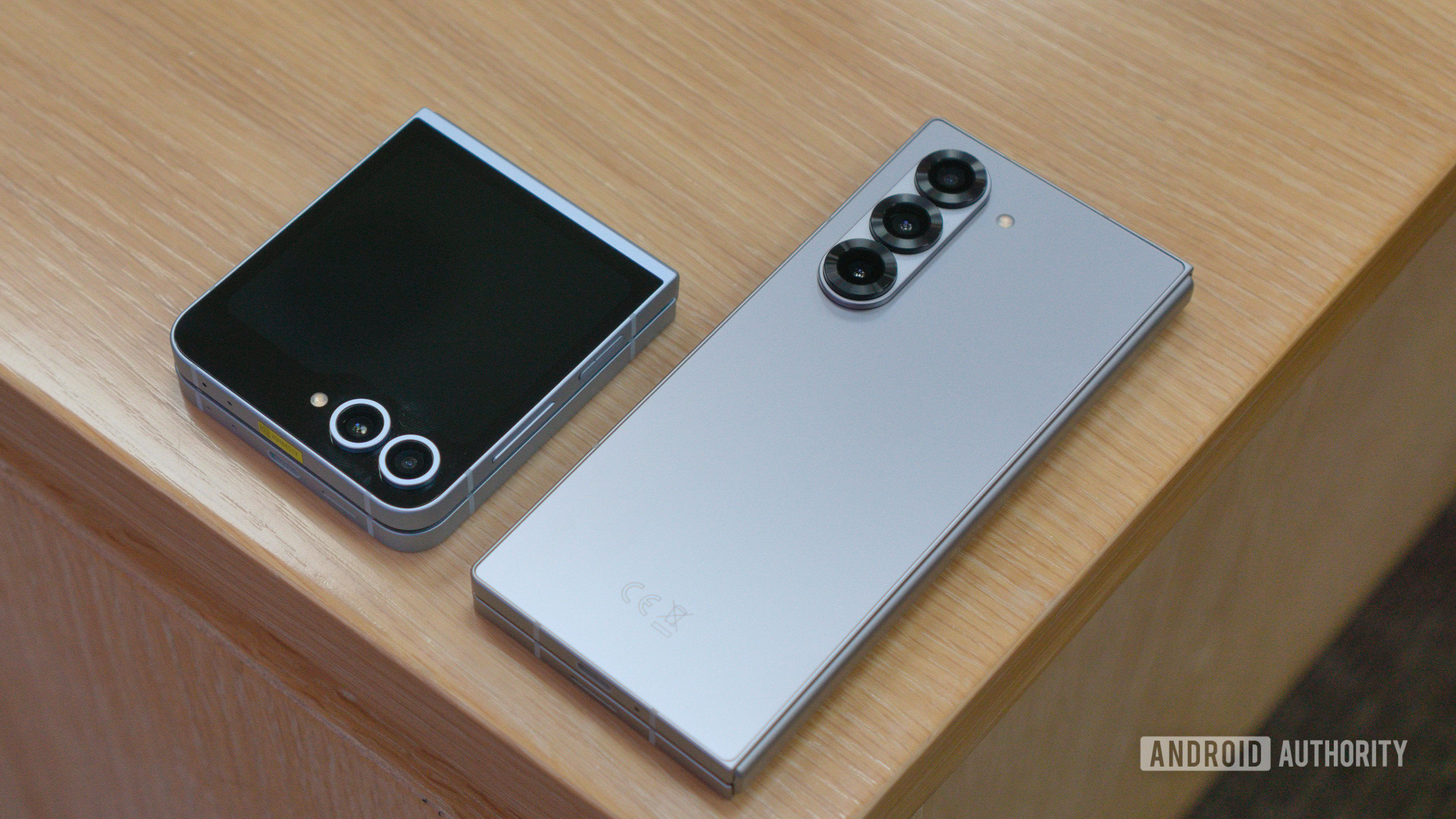Android phones
Android phones from Samsung, Google, Motorola, OnePlus, and more. All the news, commentary, and hands-on reviews you could want.
Best products
Features
Guides
Reviews
All the latest
Android phones news
The $300 Samsung Galaxy A26 5G and makes the $400 Galaxy A36 5G look like a bad deal
Rushil AgrawalMay 7, 2025
1
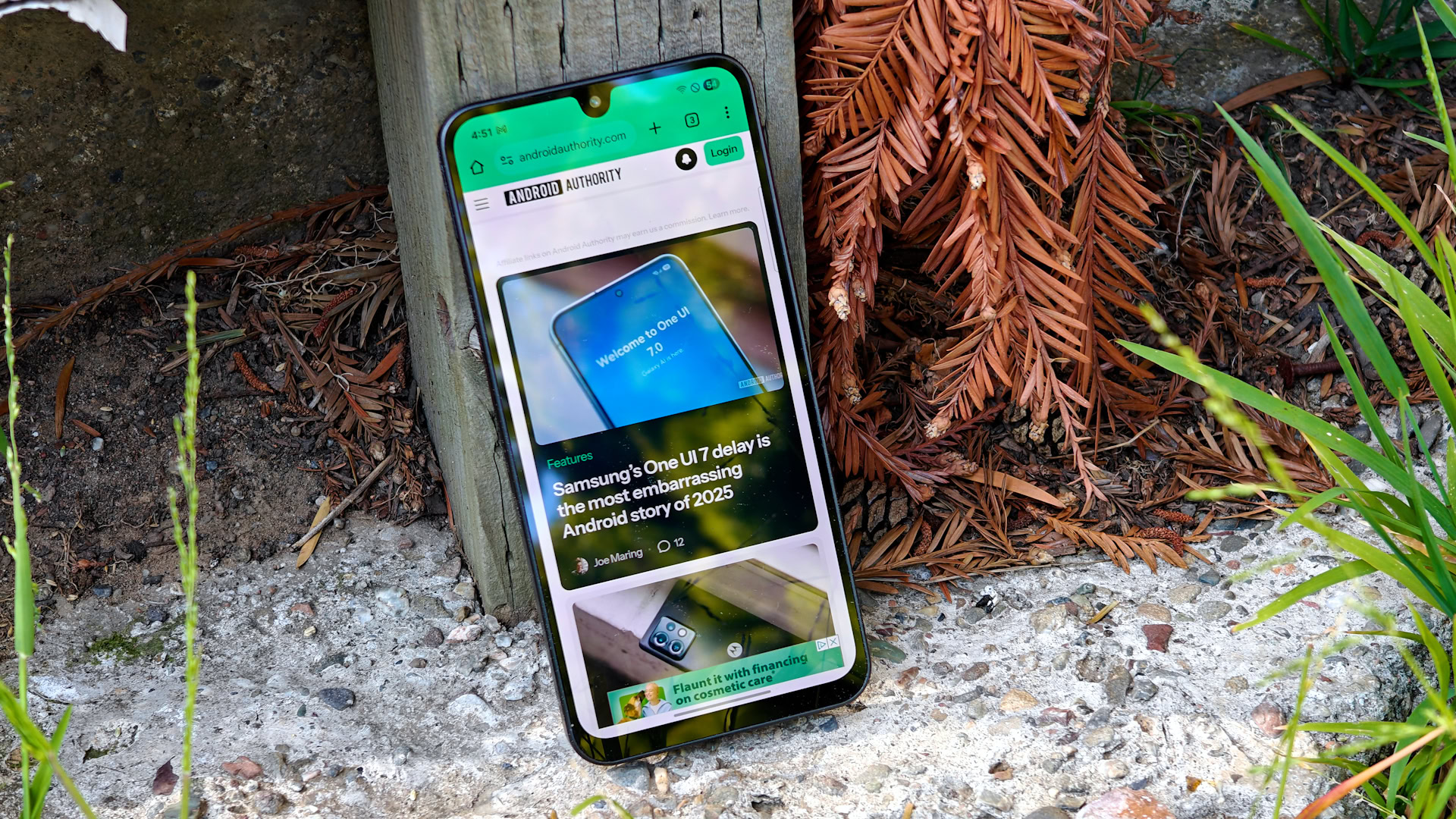
Google's latest Pixel decision is one of the most annoying yet
Joe MaringMay 7, 2025
20
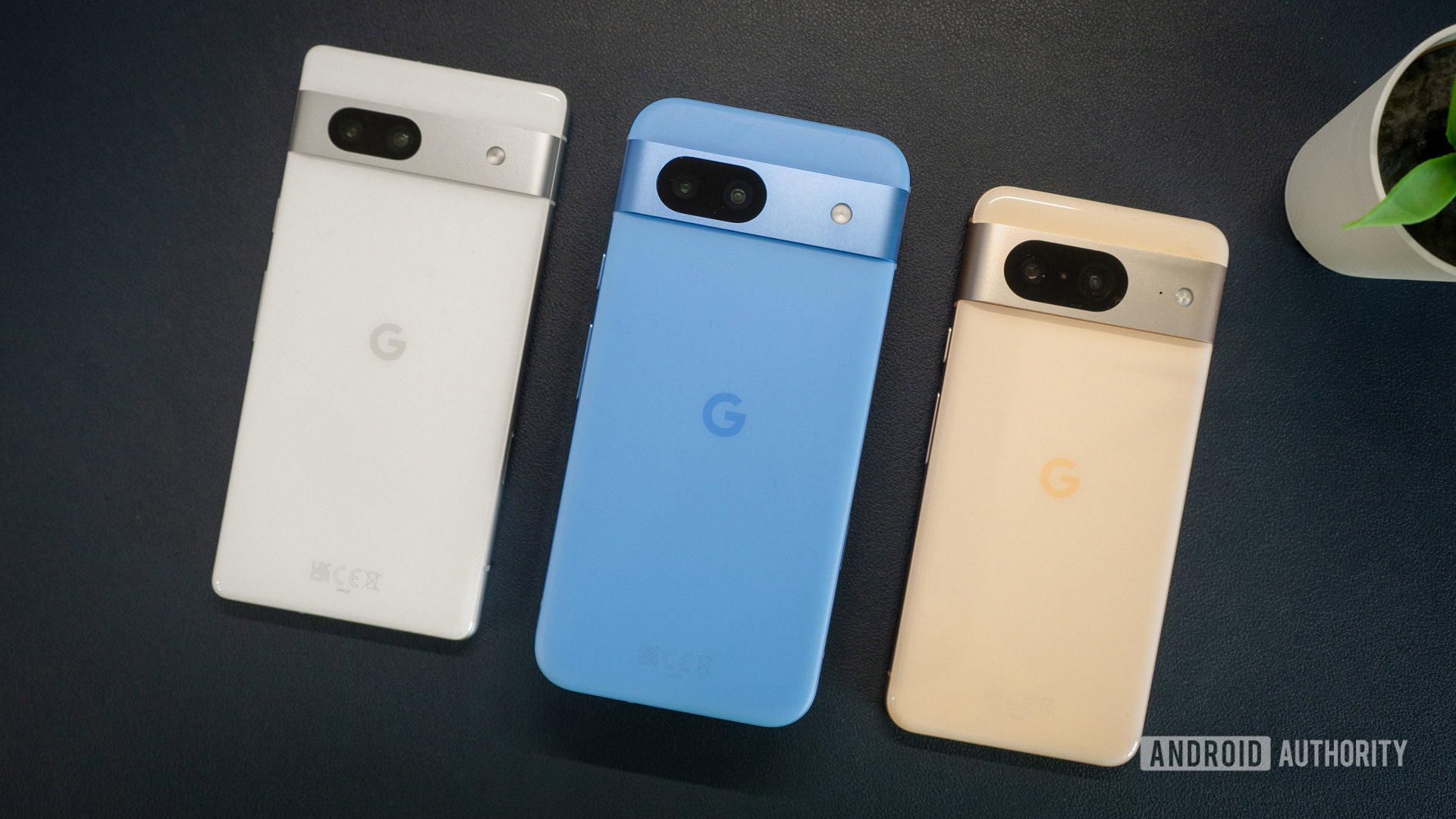
Here's why I keep reaching for my Samsung even with a flagship Pixel in my pocket
Andy WalkerMay 6, 2025
3
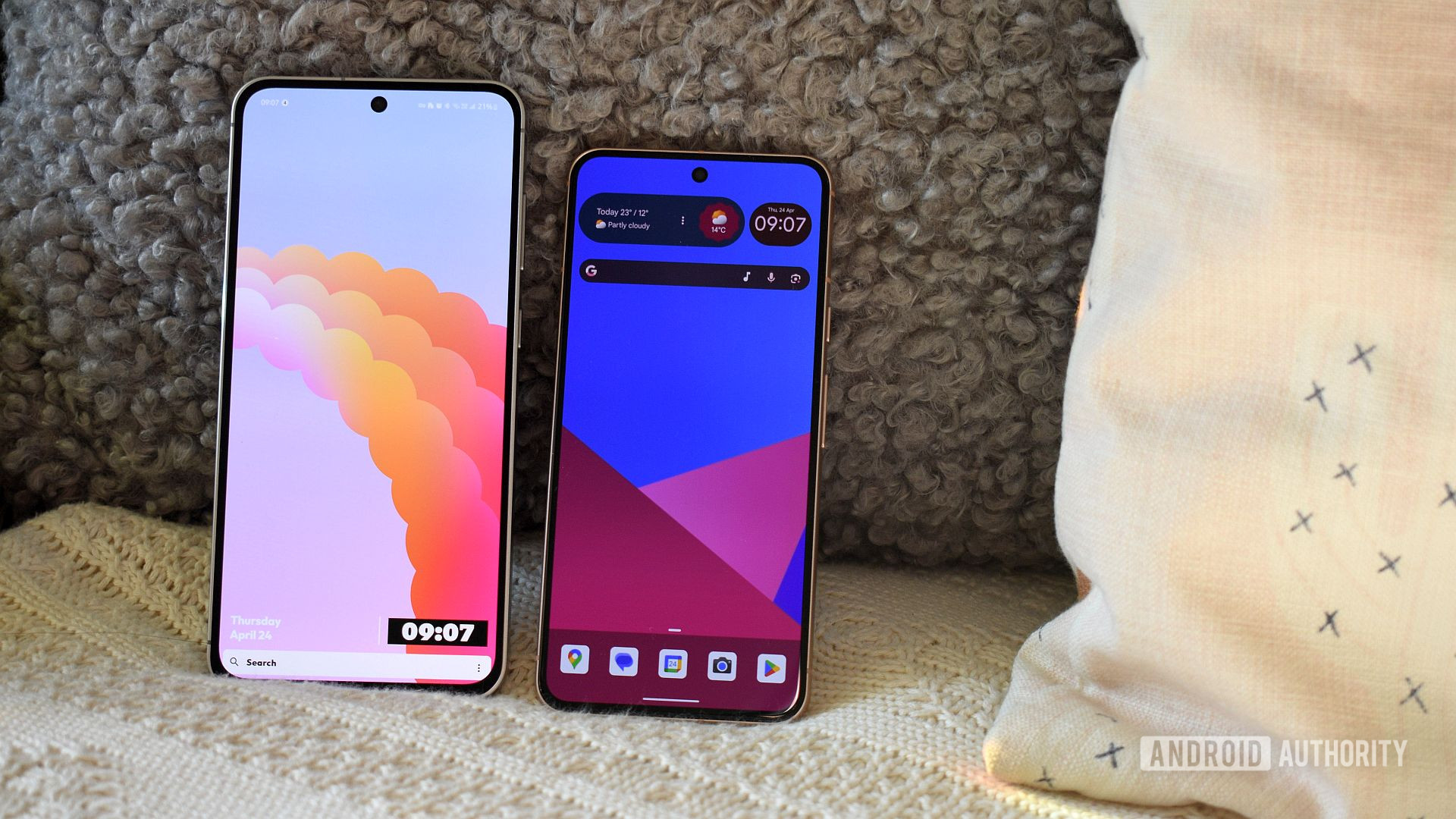
Did you know: Xiaomi phones were (kinda) sold in the US for one day
Matt HorneMay 6, 2025
2
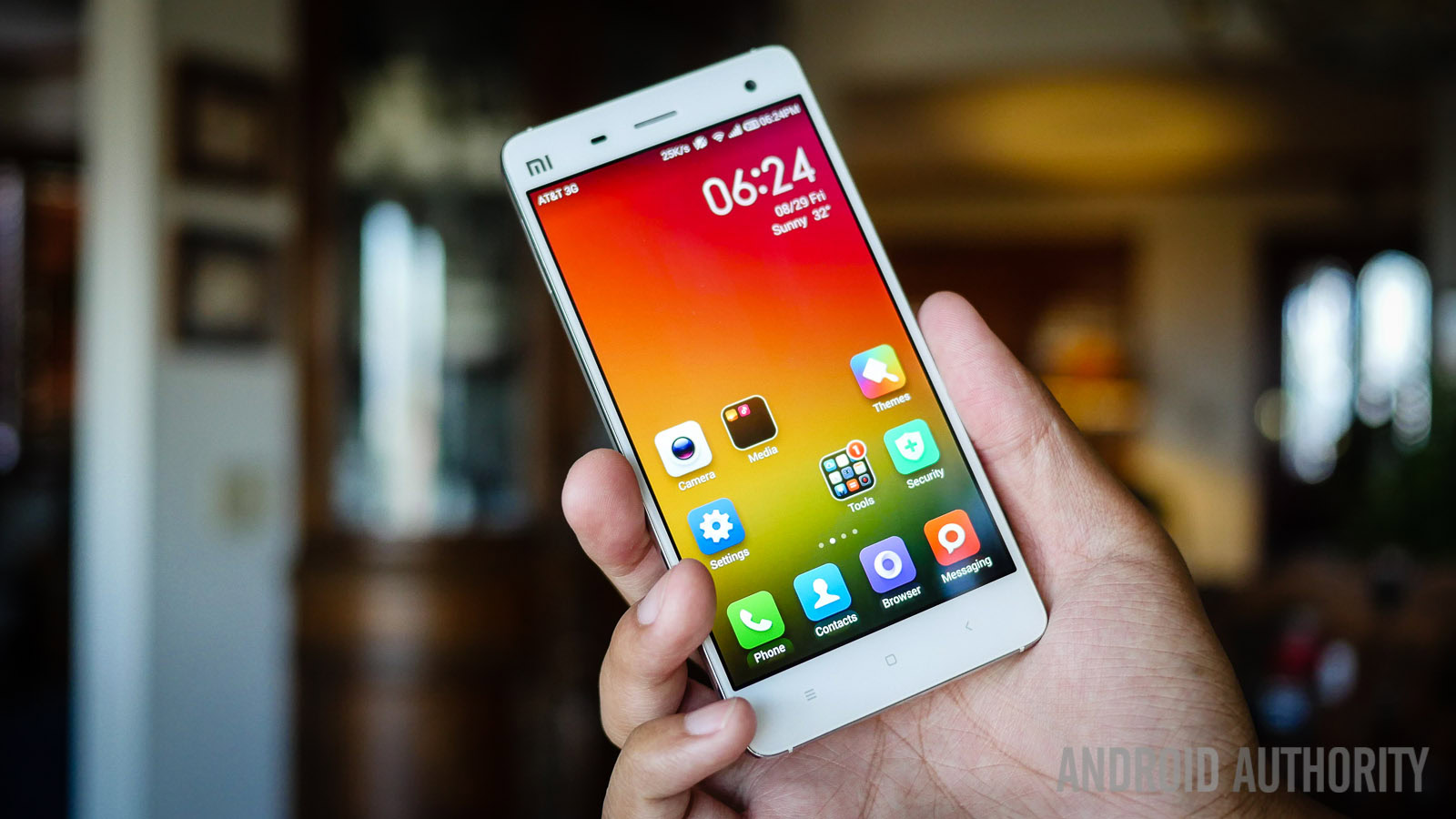
How to turn off the Samsung Galaxy S23
Aamir SiddiquiMay 5, 2025
0
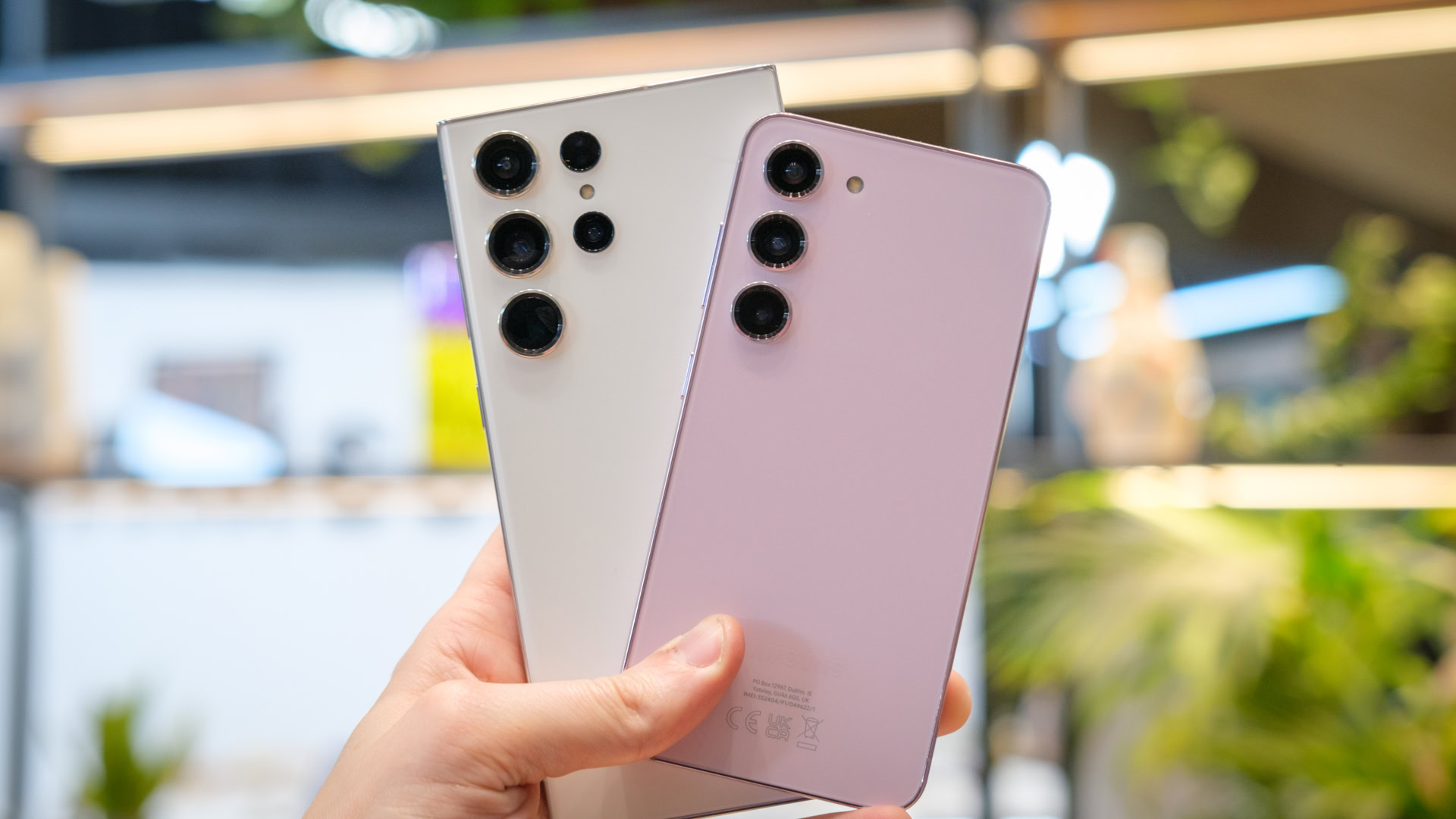
If Motorola won't fix its poor Android updates now, when will it?
Joe MaringMay 5, 2025
15
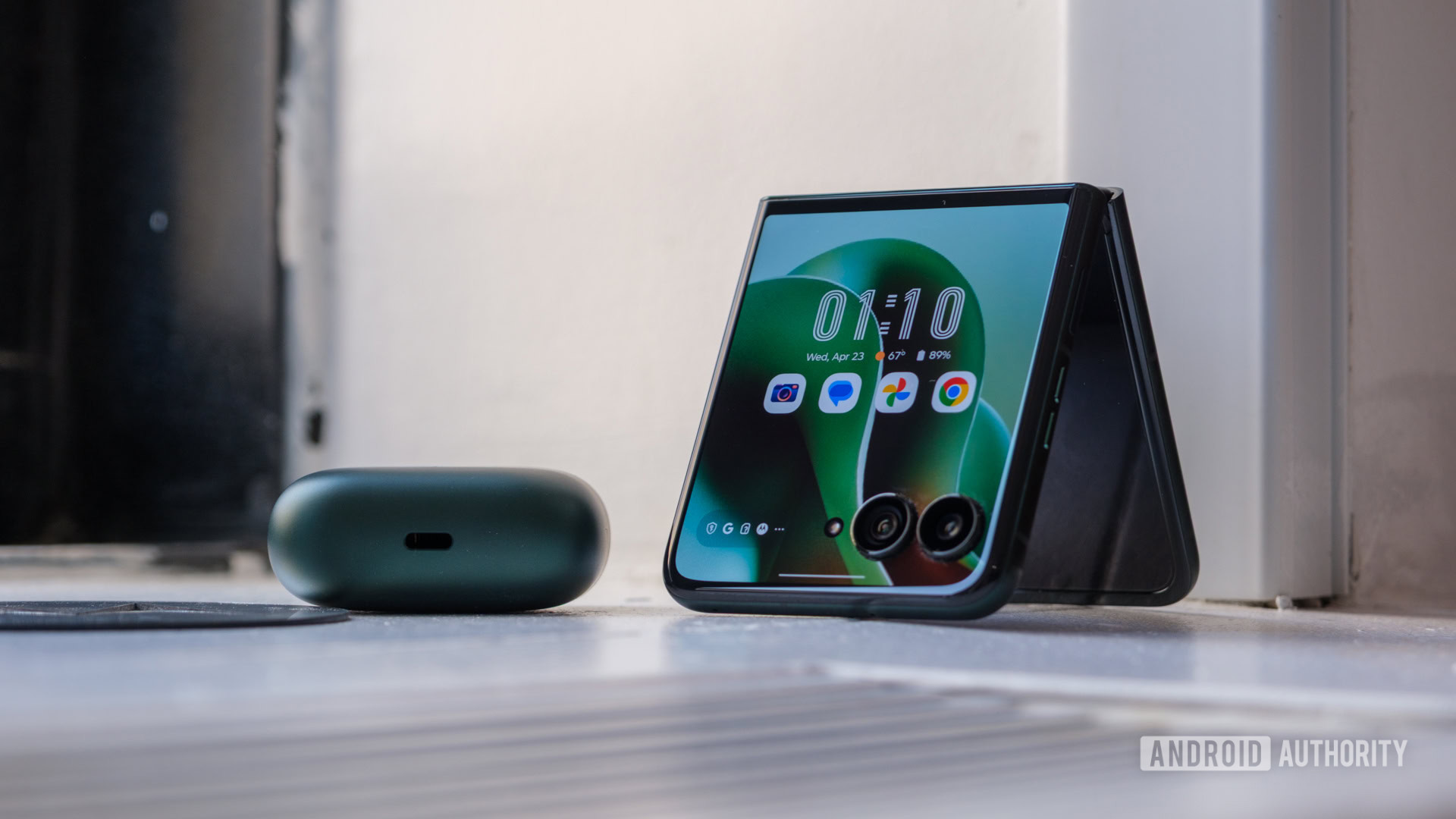
How to backup your Android phone
Edgar CervantesMay 4, 2025
0
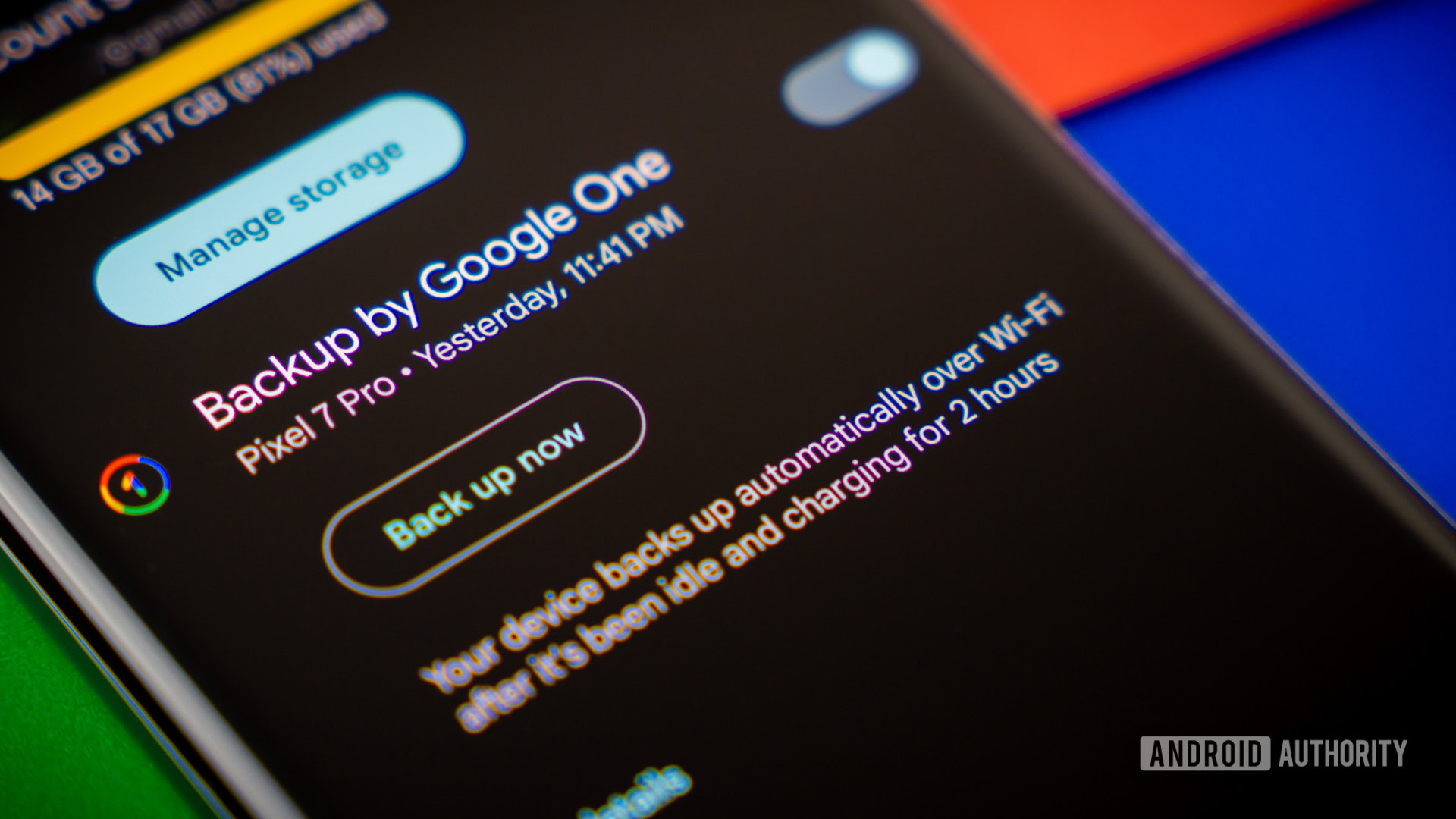
As a Pixel user, I am jealous of Samsung users for these 8 reasons
C. Scott BrownMay 3, 2025
15
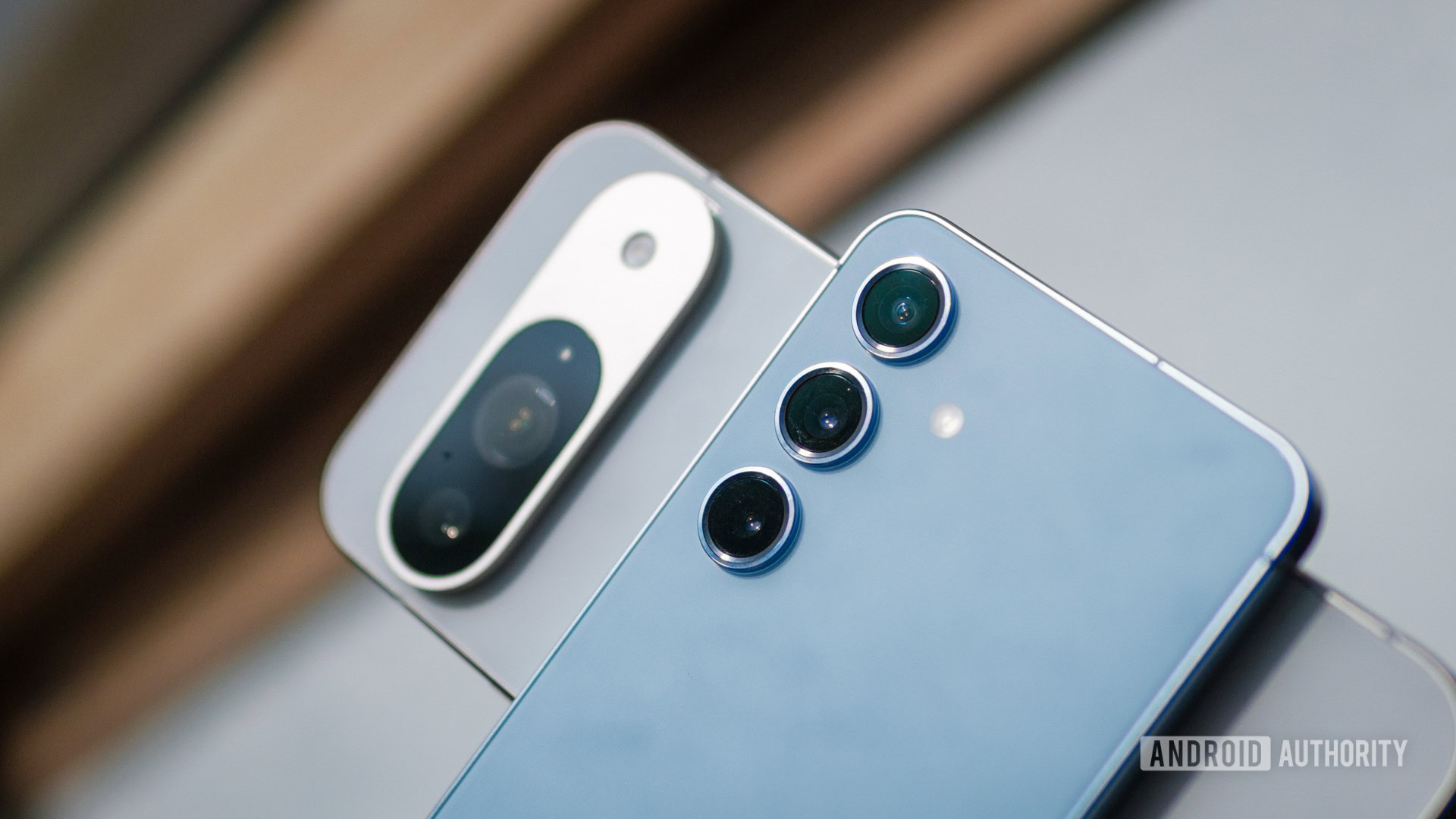
How long can you track a Pixel after a thief has powered it off? I tested it to find out
Rita El KhouryMay 3, 2025
11
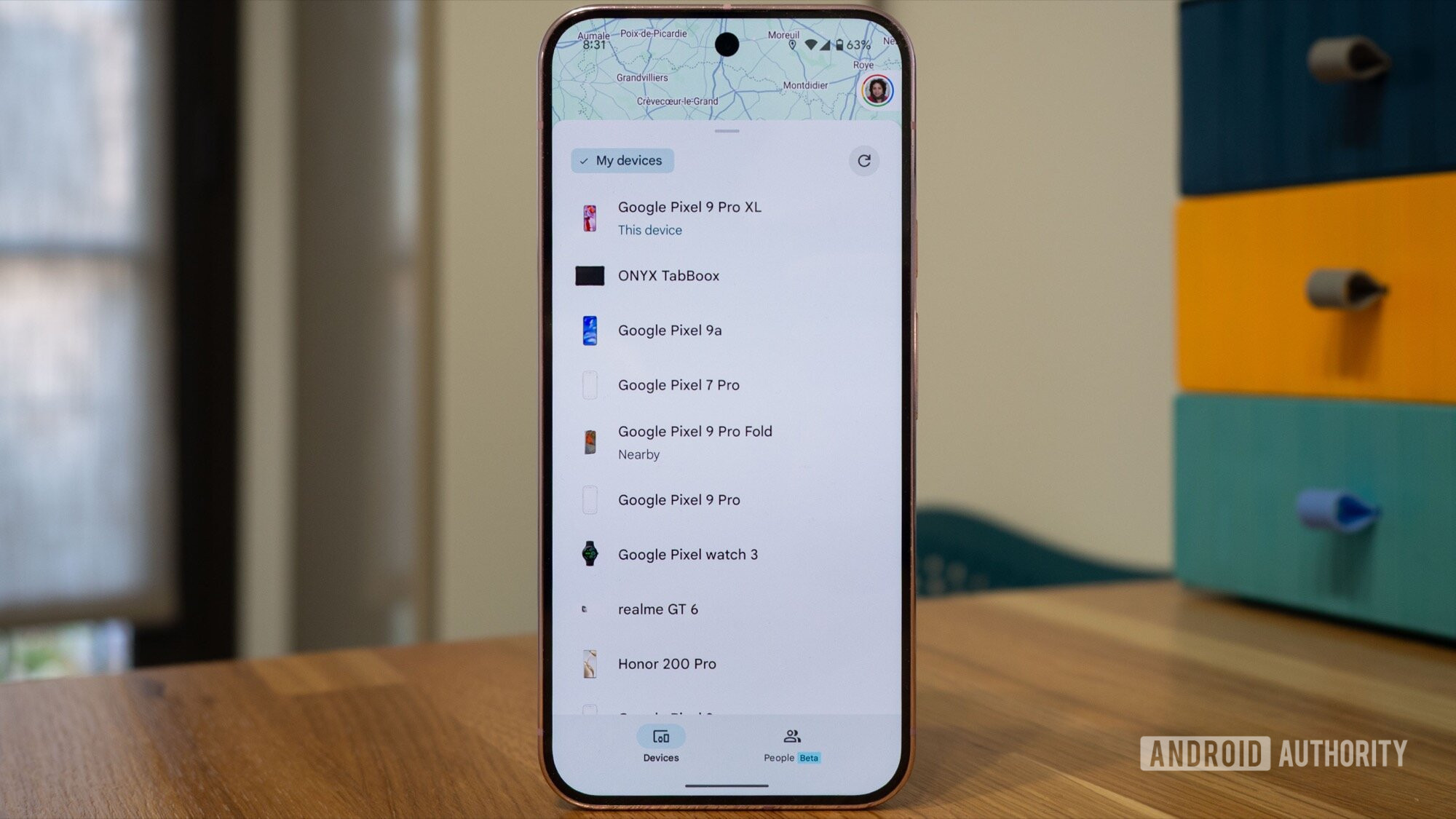
After the latest One UI 7 issue, I can’t recommend buying a Samsung phone
Joe MaringMay 3, 2025
89
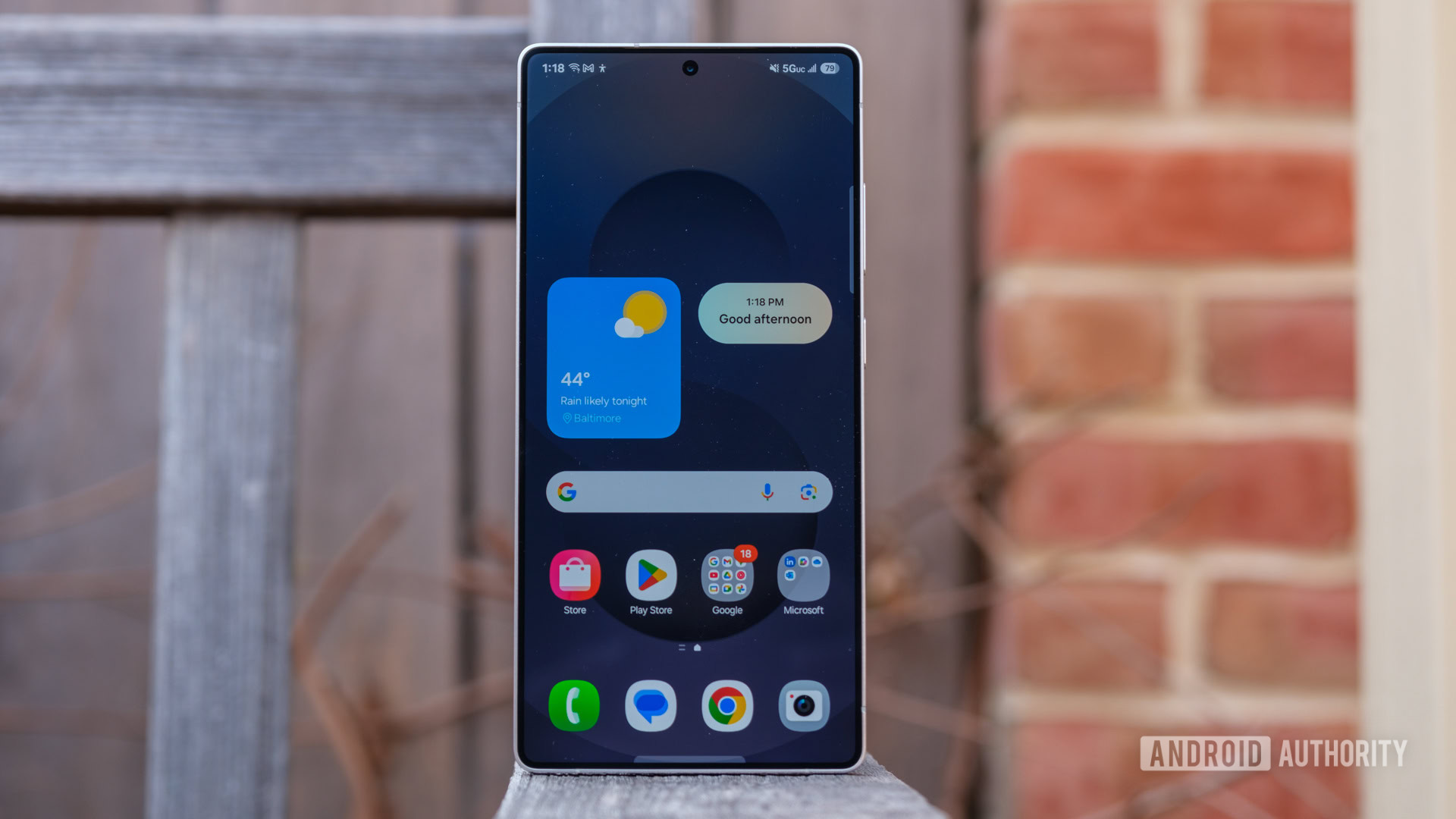
Get ready — Samsung's first One UI 8 beta could be right around the corner
Adamya Sharma2 hours ago
0
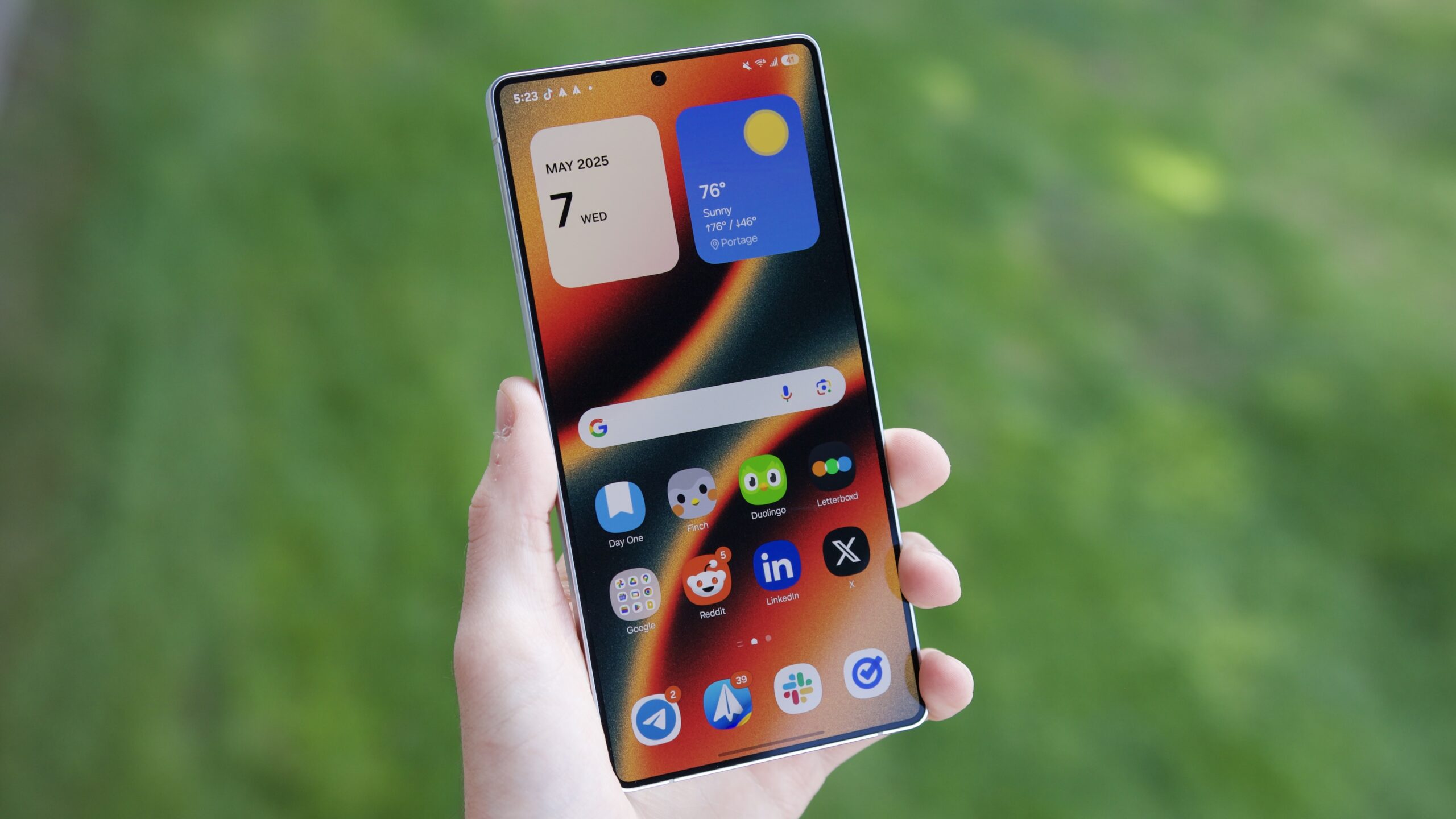
Hate One UI 7's split notification panel? Here's how to switch back.
Hadlee Simons4 hours ago
2
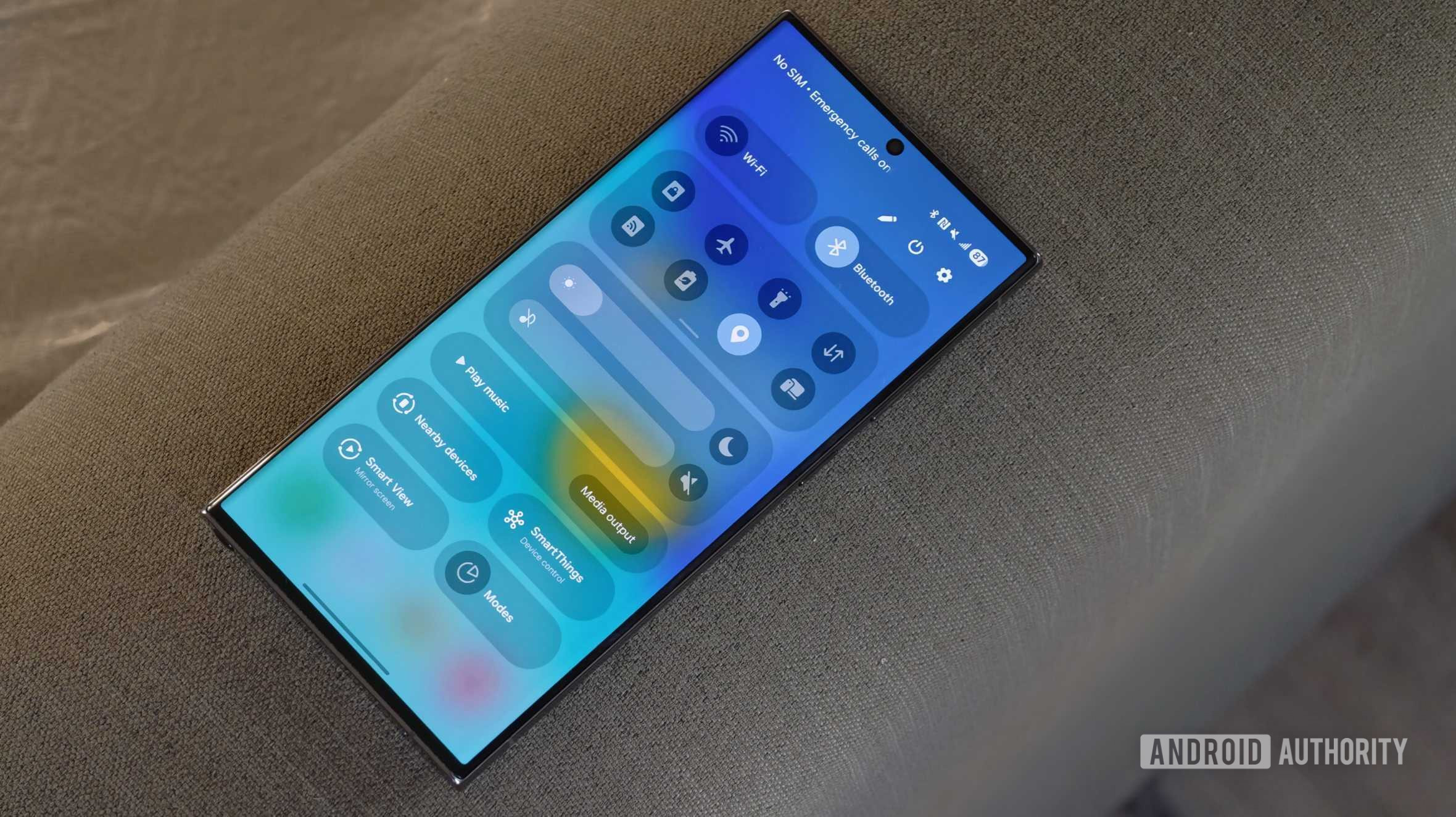
It's official: Samsung to unveil Galaxy S25 Edge at May 12 Unpacked event
Matt Horne13 hours ago
0
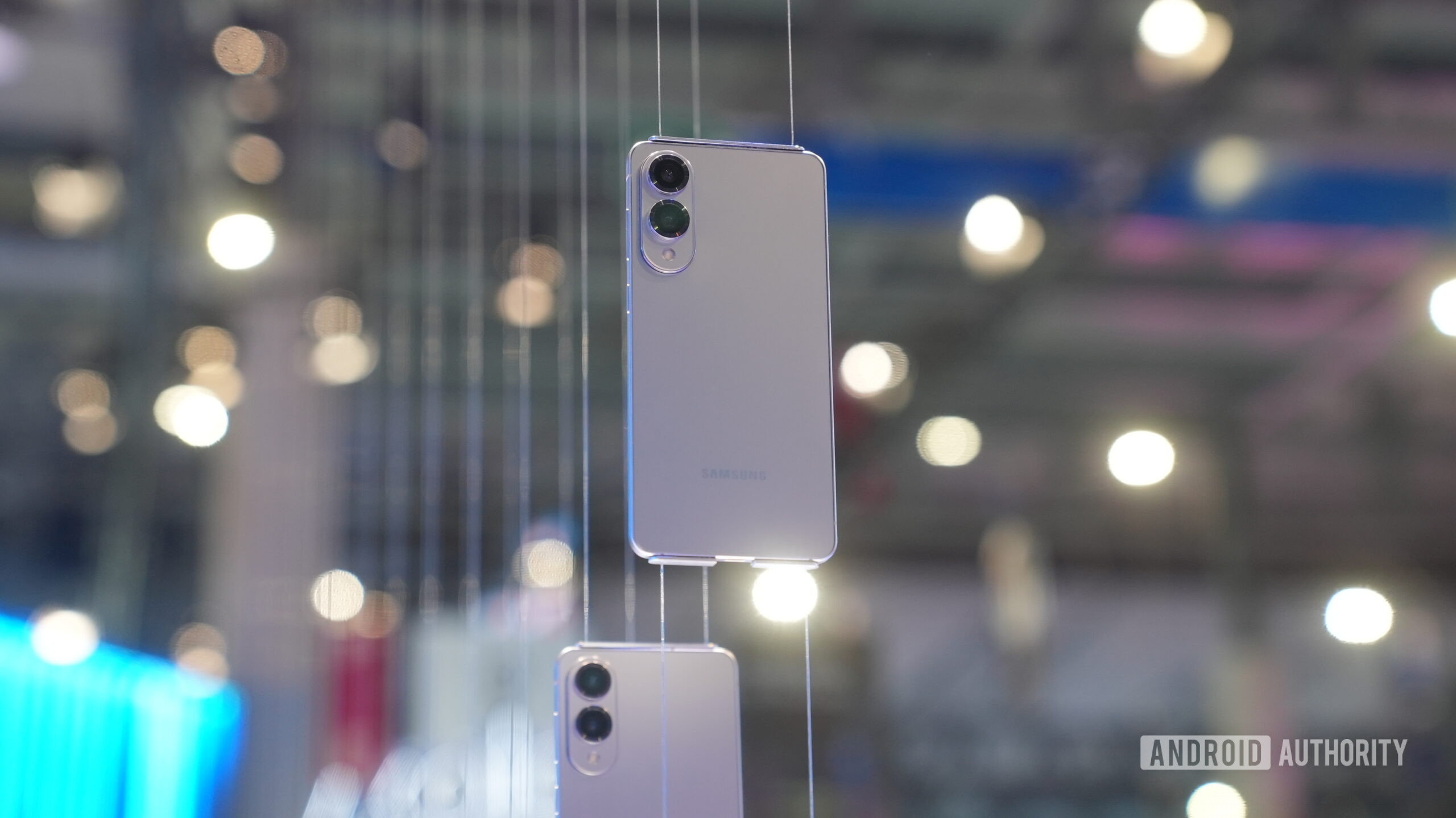
The Sony Xperia 1 VII is 'powered by Alpha' and launching next week
Hadlee SimonsMay 7, 2025
1

Samsung's Now Bar could get a welcome upgrade in One UI 8
Hadlee SimonsMay 7, 2025
0
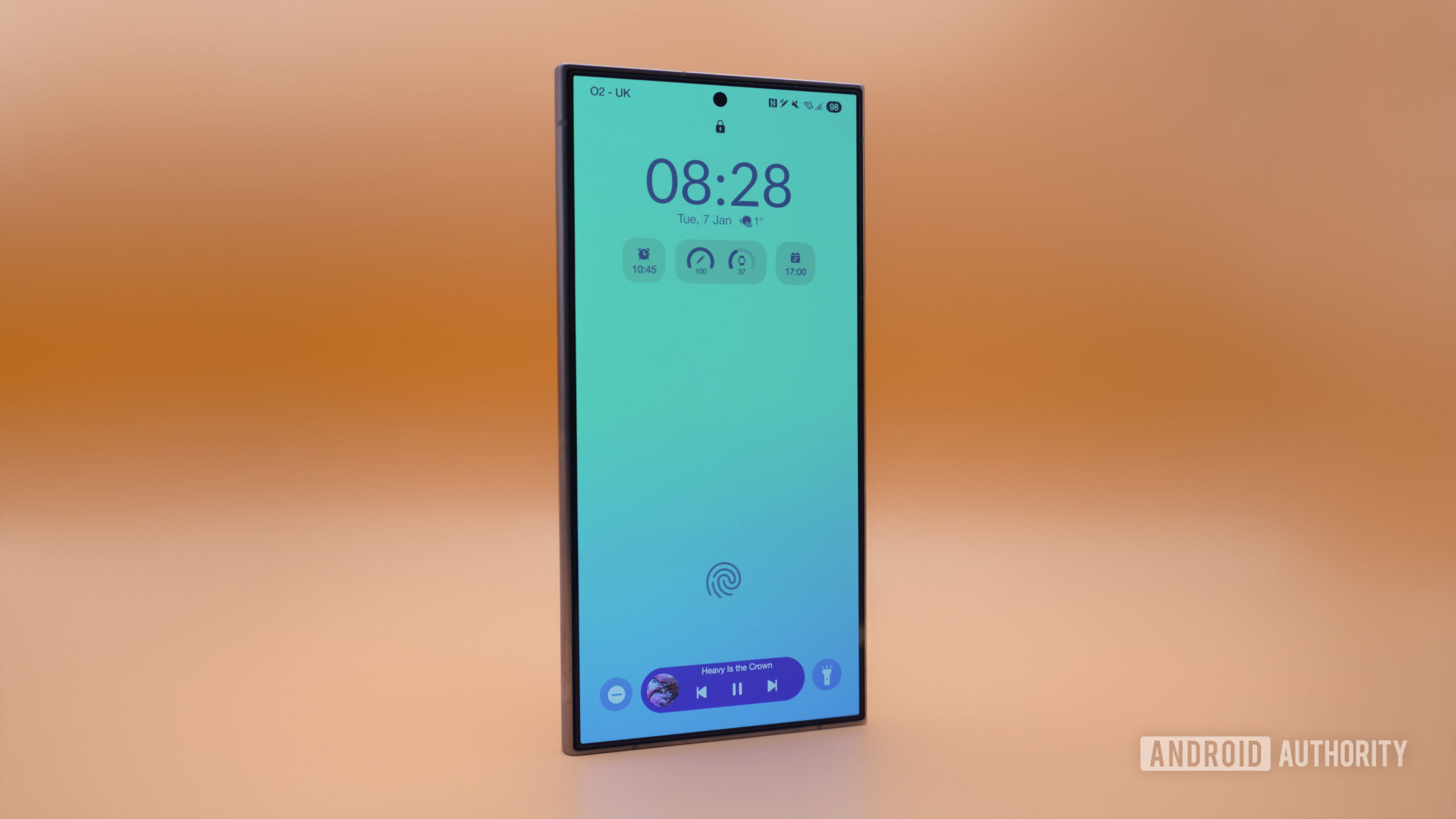
Popular Galaxy 25 features are now arriving on affordable Galaxy A series phones
Adamya SharmaMay 7, 2025
1
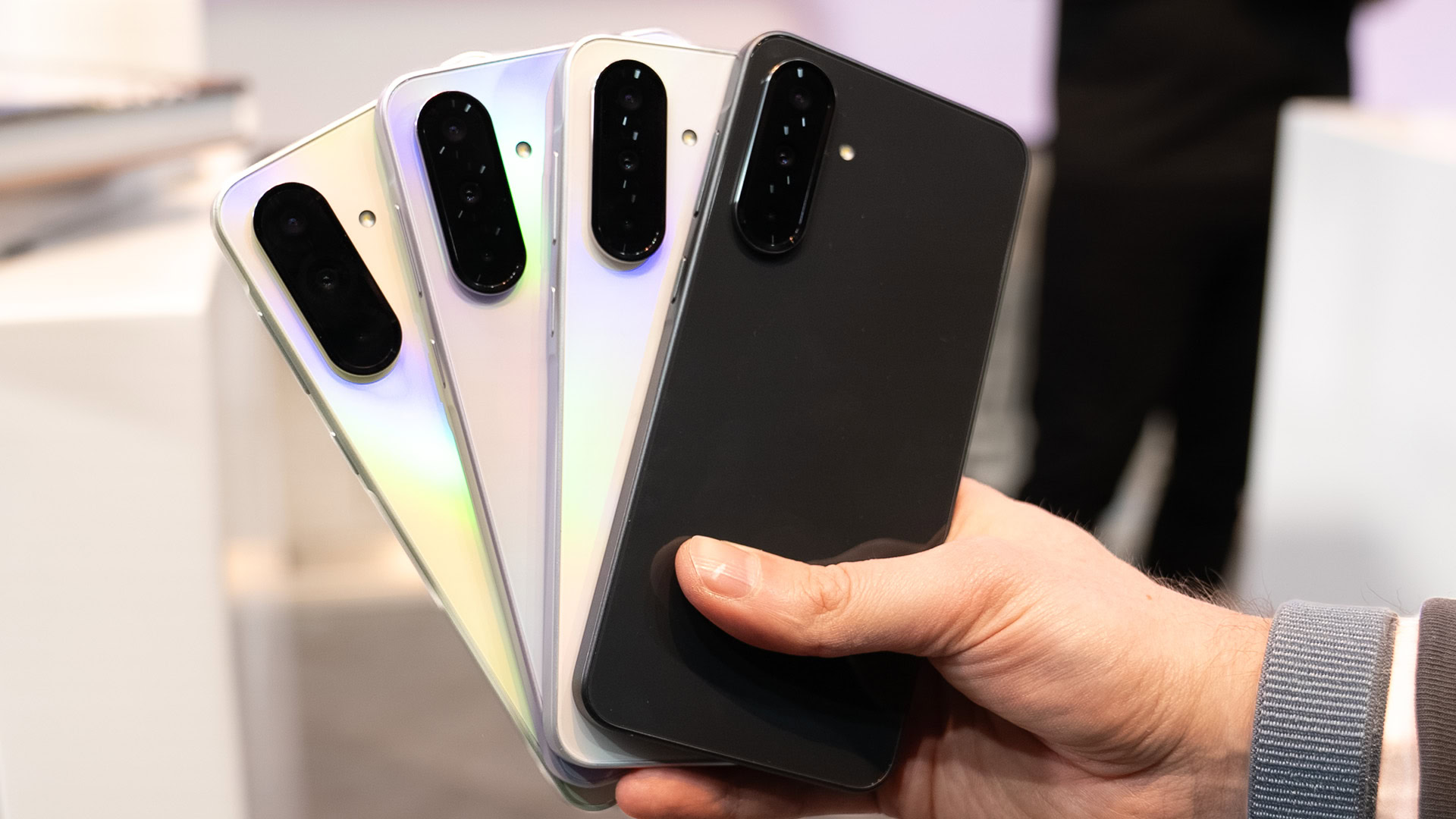
PSA: You can still get a free $100 gift card with your Google Pixel 9a purchase!
Edgar CervantesMay 6, 2025
0
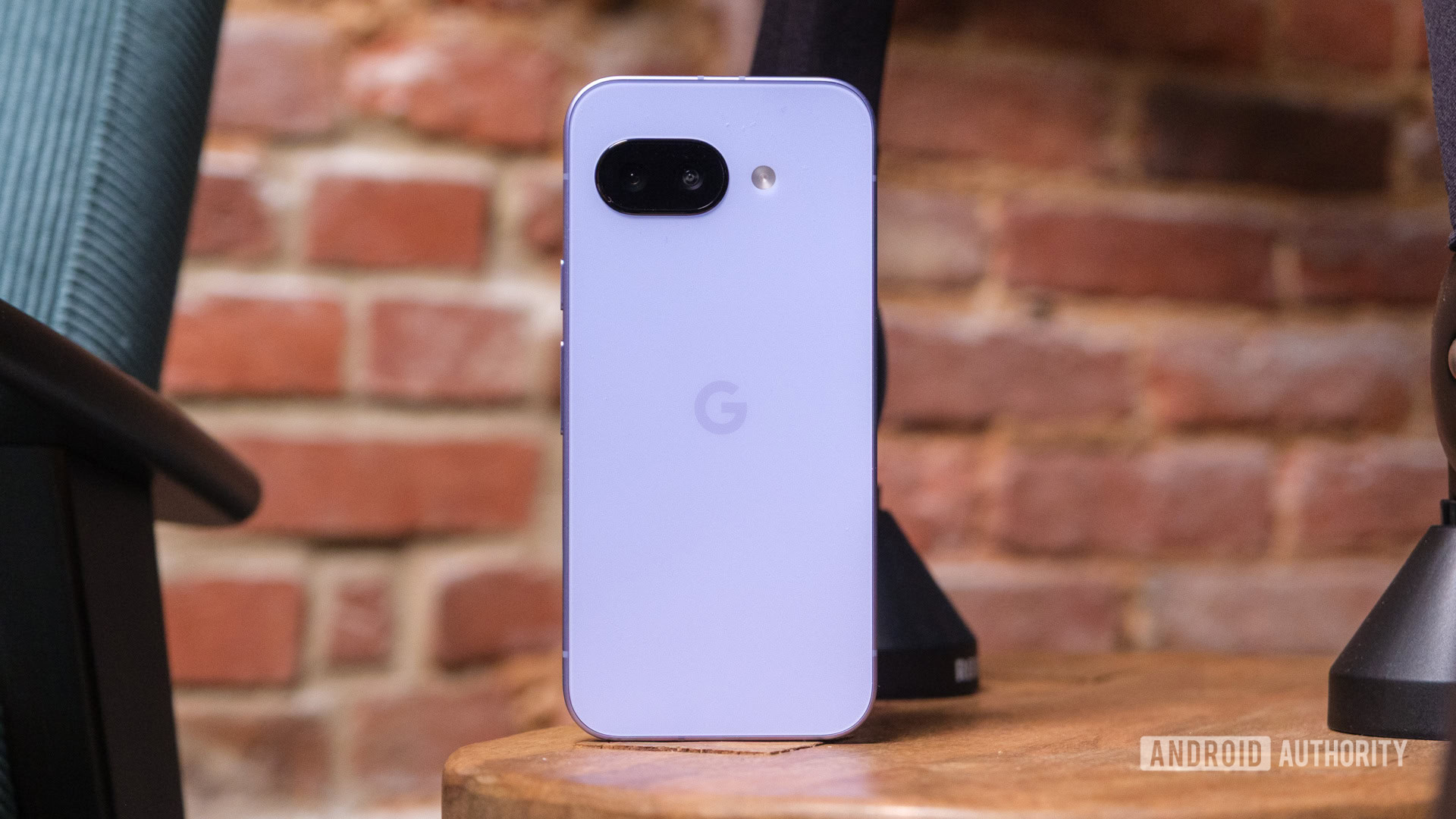
Google leaves older Pixels behind for Android's long-awaited Battery Health menu
Aamir SiddiquiMay 6, 2025
20
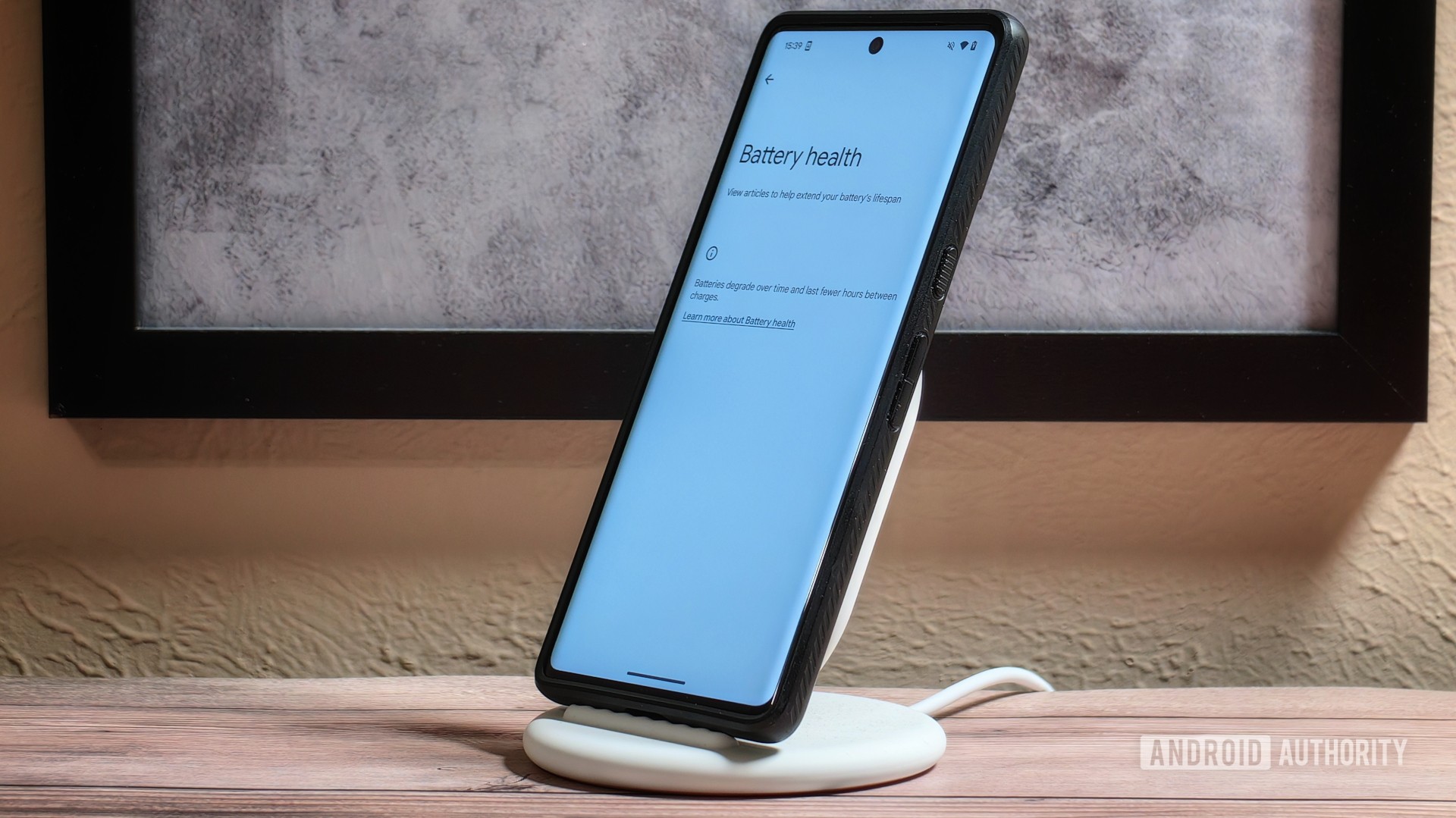
Samsung Galaxy S25 Ultra drops to all-time low price!
Edgar CervantesMay 5, 2025
1
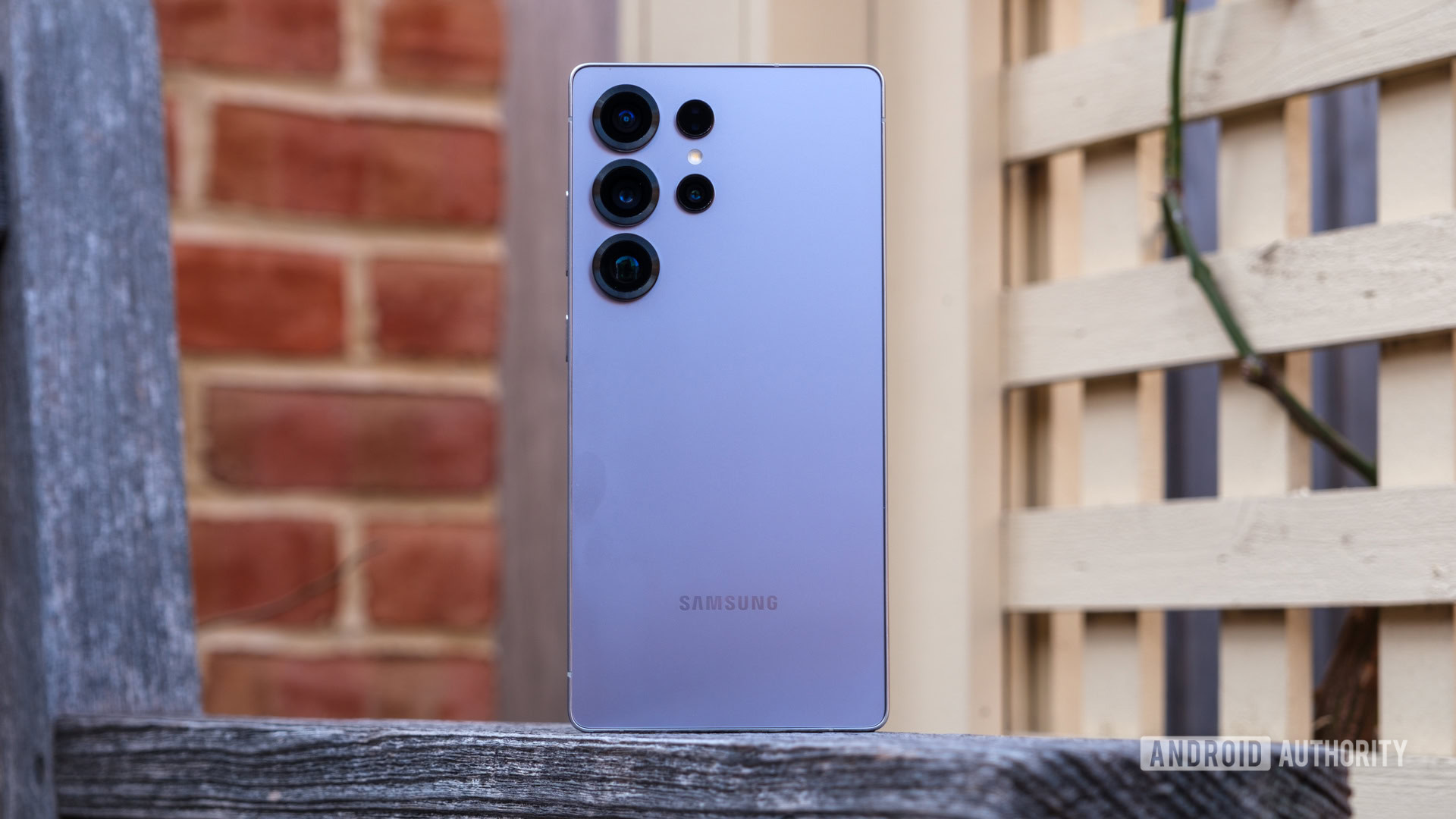
There's good and bad news about the batteries in Samsung's next-generation foldables
Christine Romero-ChanMay 5, 2025
0
